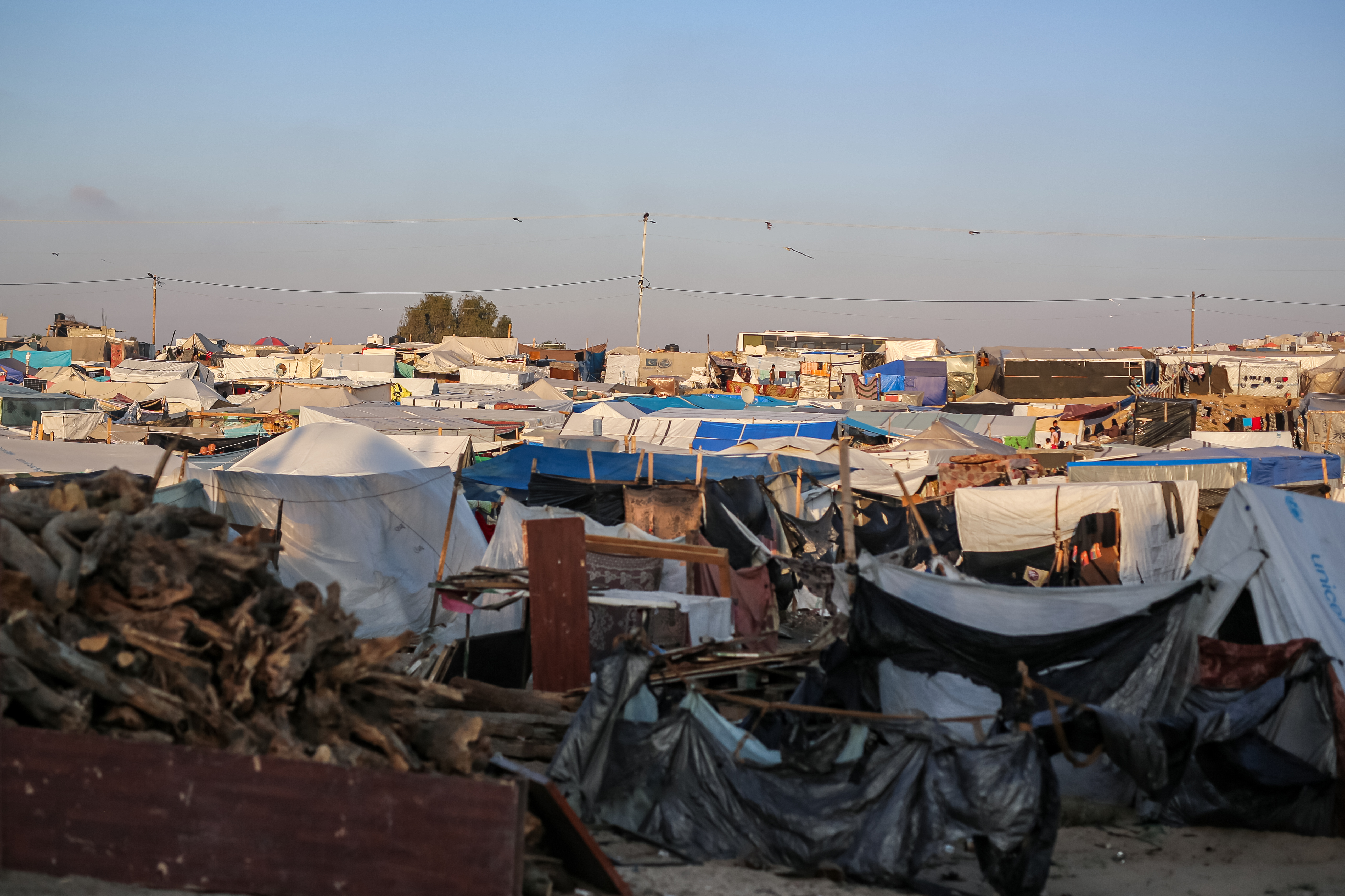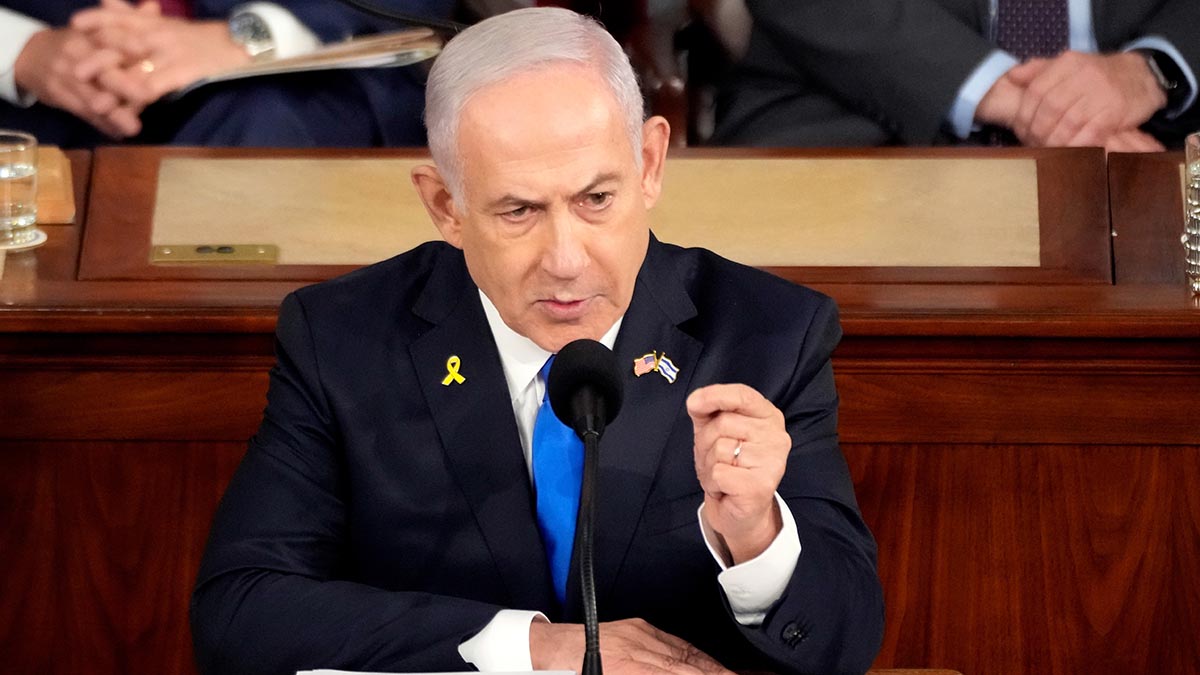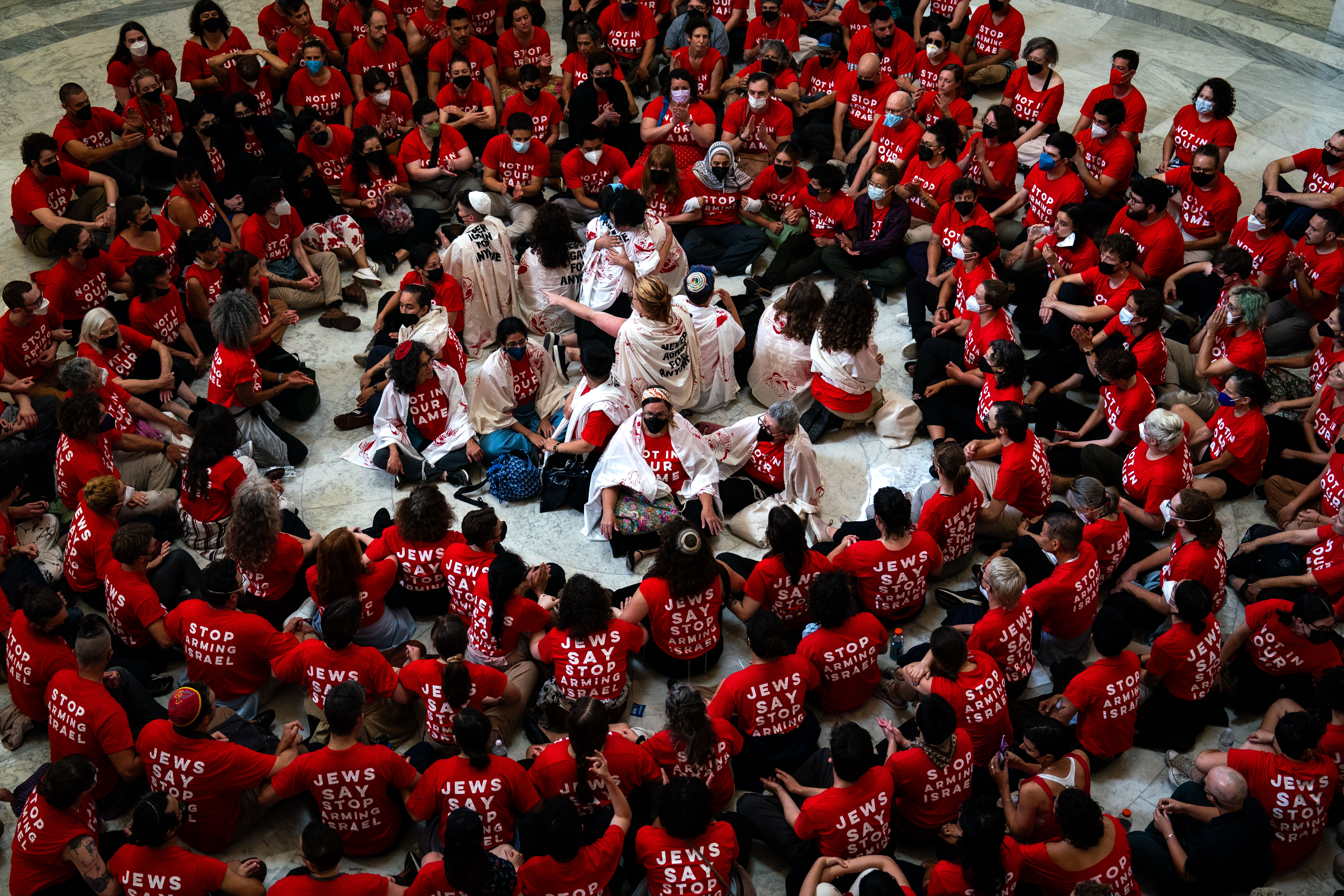
The Middle East braced for a potential flare-up in violence on Sunday after Israeli authorities said a rocket from Lebanon struck a soccer field in the Israeli-controlled Golan Heights, killing 12 children and teens in what the military called the deadliest attack on civilians since Oct. 7. The strike raised fears of a broader regional war between Israel and Hezbollah, which in a rare move denied it was responsible for the attack.
Overnight, the Israeli military said it struck a number of targets inside Lebanon, though their intensity was similar to months of cross-border fighting between Israel and the Iranian-backed Hezbollah. Hezbollah said it also carried out strikes. There were no immediate reports of casualties.
Saturday’s attack came at a sensitive time. Israel and Hamas are negotiating a cease-fire proposal to end the nearly 10-month war in Gaza and free the roughly 110 hostages who remain captive there.
Here is a look at the broader repercussions:
Get Tri-state area news delivered to your inbox.> Sign up for NBC New York's News Headlines newsletter.
What happened?
On Saturday, a rocket slammed into a soccer pitch where dozens of children and teens were playing in the Druze town of Majdal Shams, about 7 miles south of Lebanon and next to the Syrian border. Twelve people between ages 10 and 20 were killed, and 20 were wounded, according to the Israeli military. One 11-year-old child was still missing, residents told Israeli media.
“I feel darkness inside and out. Nothing like this happened here,” resident Anan Abu Saleh said. “There’s no way to explain this. I saw children, I don’t want to say what I saw, but it's horrible, really horrible. We need more security.” On Sunday, the coffins passed through a crowd of thousands.
US & World
The Druze are a religious sect that began as an offshoot of Shiite Islam. There are Druze communities in Israel, Syria, and Lebanon. There are about 140,000 Druze in Israel, 25,000 in the Israeli-controlled Golan Heights, according to Yusri Hazran of the Hebrew University.
The Druze community is considered among Israel’s most loyal citizens, although those in the Golan Heights have a more fraught relationship with authorities. Israel captured the Golan, a strategic plateau, from Syria in the 1967 Mideast war and annexed it in 1981. Much of the international community considers the area to be occupied territory. While Druze leaders in the Golan profess allegiance to Syria, relations with Israel are normally good.
What could this mean for a wider war?
The attacks on the Israel-Lebanon border have simmered below the threshold of all-out war since the start of the conflict in Gaza in October. But the deadly toll of Saturday's attack, and the victims' young age, could push Israel to respond more severely.
Hezbollah began firing rockets at Israel the day after Hamas’ attack on Oct. 7, and Israel has responded by targeting what it says is Hezbollah’s military infrastructure with airstrikes and drones. Most attacks have been confined to the area on either side of the border, though Israel has assassinated Hezbollah and Hamas leadership farther north in Lebanon. Tens of thousands of people on both sides of the border have evacuated.
Since early October, Israeli airstrikes in Lebanon have killed more than 500 people, mostly Hezbollah members but also around 90 civilians. On the Israeli side, 22 soldiers and 24 civilians have been killed.
Israeli Prime Minister Benjamin Netanyahu, who hurried home from America after the strike, warned that Hezbollah “will pay a heavy price for this attack, one that it has not paid so far.”
The Israeli military’s Chief of Staff Lt. Gen. Herzi Halevi met with leaders of Majdal Shams on Saturday and said Israel was preparing for “the next stage of fighting” in the north.
Hezbollah has far superior firepower to Hamas. Igniting a war in Israel’s north while it's engaged in Gaza would overburden the military, Barak Ben-Zur, a researcher at the International Institute of Counter-Terrorism, told journalists: “We are not, let’s say, capable to do it in both places and at the same time.”
Ben-Zur said the tragedy in Majdal Shams is a statistical inevitability with the Iron Dome missile defense system: If Hezbollah or other groups launch enough rockets and missiles, some will get through.
Any conflict could bring in Iran, which on Sunday warned Israel that a strong reaction to the Golan Heights strike will lead to “unprecedented consequences.” Iran and Israel's yearslong shadow war burst into the open in April, when Iran launched 300 missiles and drones at Israel, most of which were intercepted, in response to the killing of an Iranian general.
How could this impact the war in Gaza?
An Egyptian official said the attack in the Golan Heights could give urgency to negotiations to reach a cease-fire deal in Gaza.
“Both fronts are connected,” he said. “A cease-fire in Gaza will lead to a cease-fire with Hezbollah.” The official spoke on condition of anonymity because he wasn’t authorized to discuss the sensitive talks with the media.
In a statement, the Egyptian foreign ministry called on all influential international players to “intervene immediately to spare the peoples of the region further disastrous consequences of the expansion of the conflict.”
Officials from the United States, Egypt and Qatar were meeting Sunday with Israeli officials in Rome in the latest push for a cease-fire deal.
___
Magdy reported from Cairo. Associated Press writers Matt Lee in Tokyo, Kareem Chehayeb in Beirut and Sam McNeil in Sderot, Israel, contributed.




